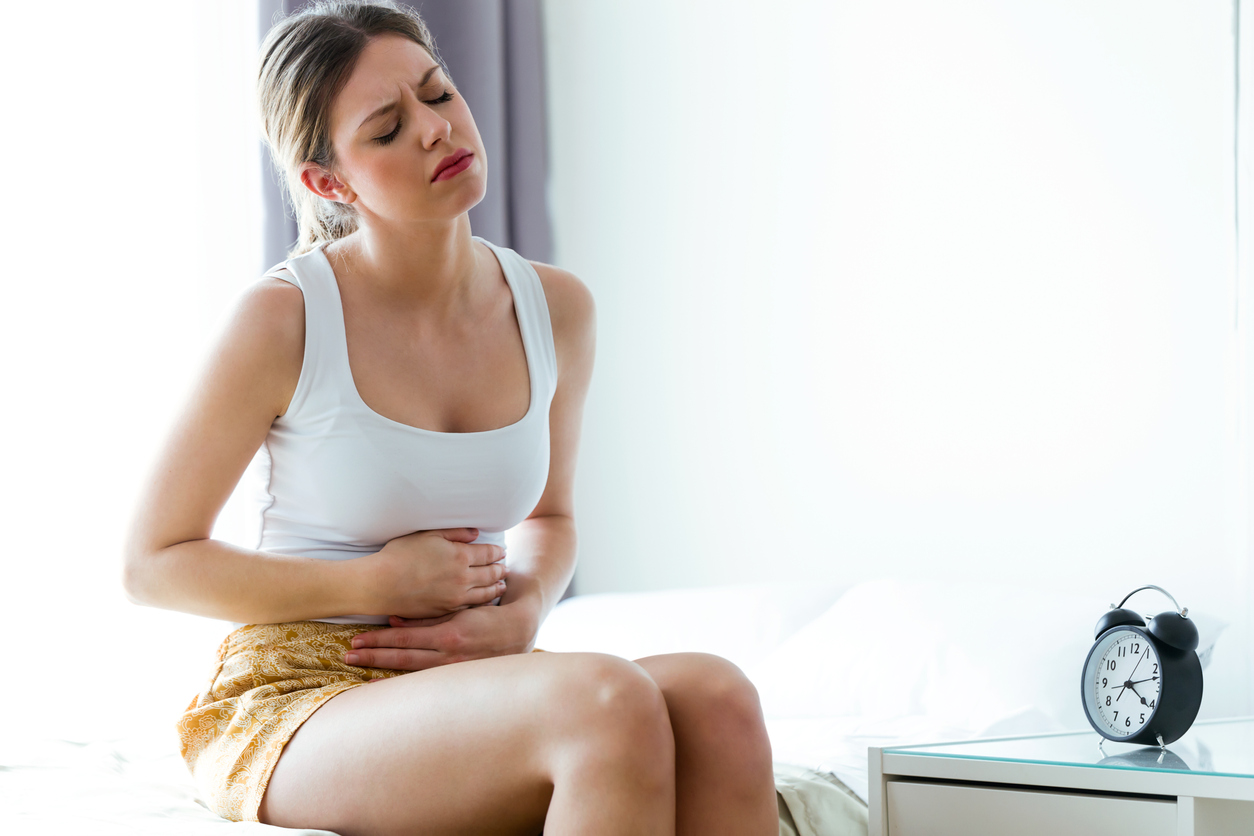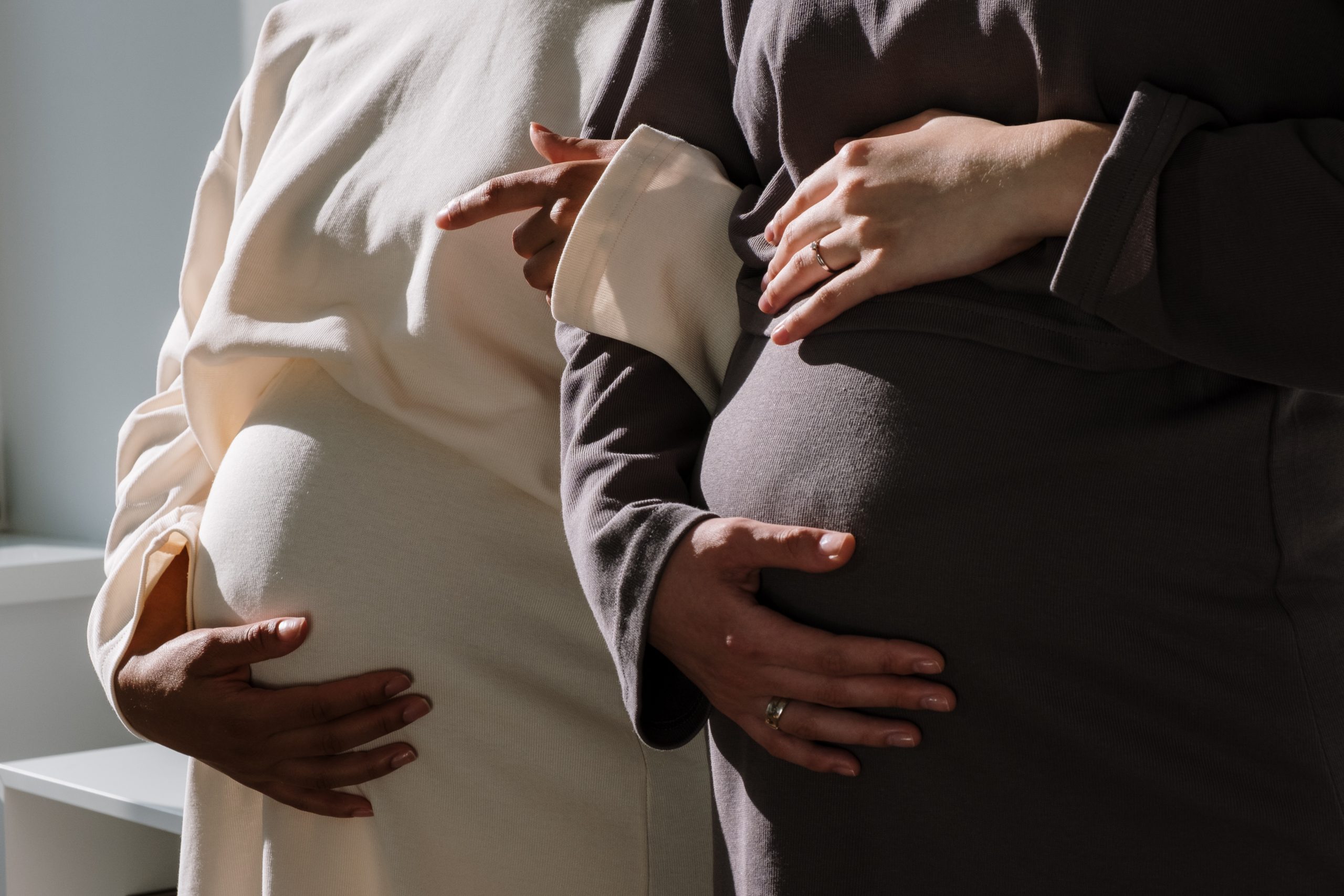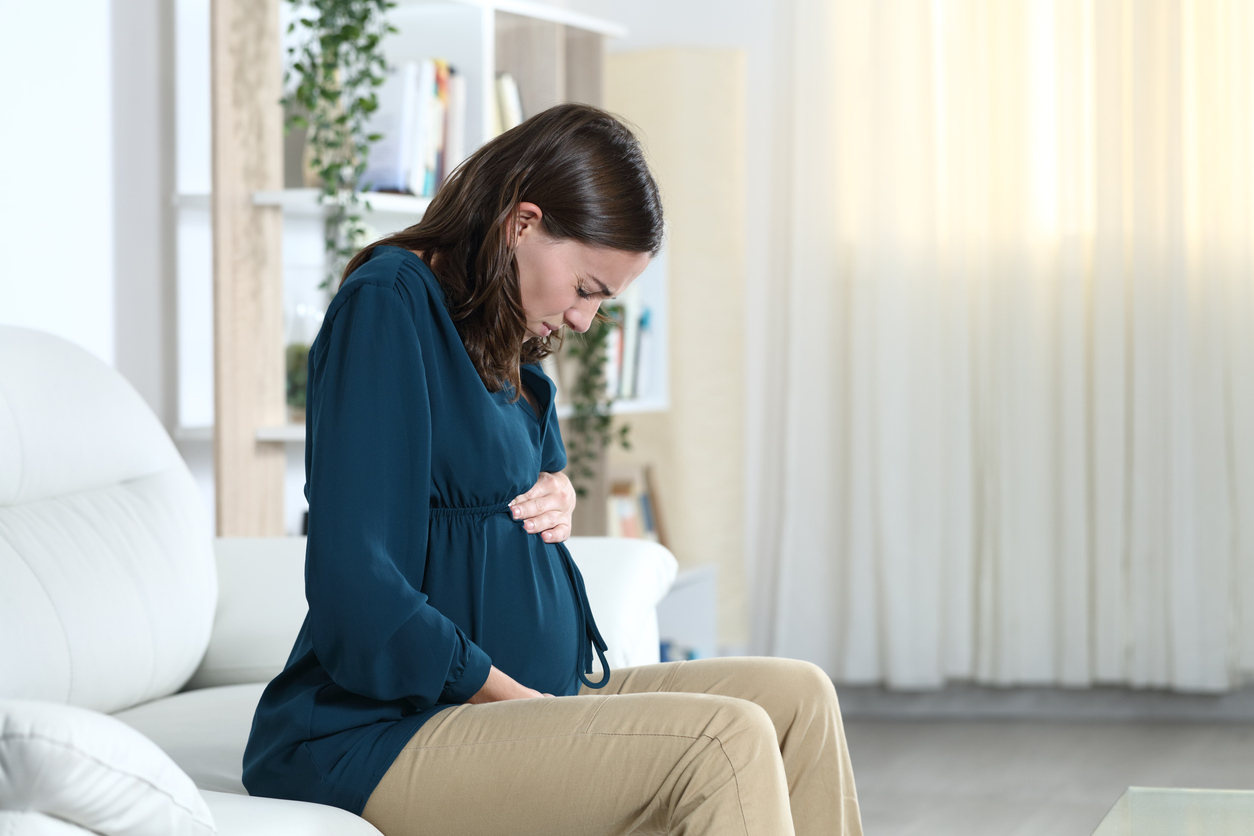What Foods to Avoid During Pregnancy
Now that you’re feeding two, you’re likely focused on selecting wholesome foods that will nourish your developing baby and help you feel your best. But knowing what to avoid eating and drinking while pregnant is just as crucial.
While your munchkin can benefit from all the nutritious things you’re munching on, some foods can carry germs that can cause sickness in babies. Therefore, it’s recommended to err on the side of caution. You should steer clear of any menu items that can possibly make you or your unborn child ill or hinder your baby’s growth and development when you’re pregnant.
Thankfully, figuring out what is safe and what is not is rather simple. Here is the rundown on the foods and beverages to stay away from while pregnant, as well as what to do if you inadvertently consume something on this list.
Why should some foods be avoided during pregnancy?
Some foods are more likely to contain pathogenic bacteria such as E. coli, Listeria, or Salmonella. During pregnancy, your immune system also has a tougher job warding off infections.
The combination of these two factors makes you more likely to get sick or suffer complications like a miscarriage. As concerning is the fact that these bacteria can cross the placenta. Because your baby’s immune system isn’t yet developed enough to fight off infections, she is at risk of suffering a serious infection or possibly birth abnormalities.
No-no foods aren’t all off limits due to bacteria, however. The consumption of high-mercury fish and alcohol, for example, may not cause you much harm, but they can negatively affect your baby’s development. Additionally, the safety of some foods has not been thoroughly studied enough to determine if they are safe for growing babies.
So, which foods do you better avoid during pregnancy? Let us find out.
Alcohol
Replace alcohol with mocktails or fruit-juice spritzers for the next 40-odd weeks. Why? Alcohol consumption has been linked to lower birth weight, premature delivery, and even temporary deficiencies in a baby’s brain development, though the latter may be at least partially reversible. There’s no evidence that small amounts of alcohol are harmful, but there’s no evidence that they’re not, either. So why take the chance? If you have a glass or two of wine before you knew you were pregnant, don’t worry. The occasional glass of wine before you knew you were pregnant will not hurt. But once you know, it’s best to avoid alcohol altogether.
Unpasteurized dairy and juices
Fortunately, you won’t find unpasteurized milk in supermarkets, thanks to the FDA. The problem is soft cheeses made from unpasteurized milk—these can harbor pathogens like Listeria.
Ensure cheeses are made with pasteurized milk by checking the label, or stick to hard cheeses like cheddar or Swiss.
It is also recommended that you avoid drinking unpasteurized juices, such as freshly squeezed orange juice. What about treated juices? It’s probably safe as long as it’s been treated with UV light.
Rare or underdone meat
There are a few reasons why it is suggested to avoid rare or underdone meat during pregnancy. The first reason is that there is a risk of toxoplasmosis. Toxoplasmosis is a parasitic infection and this parasite can be found in undercooked meat. This infection can be harmful to both the mother and the developing baby.
The second reason is that there is a risk of bacteria such as listeria. Listeria is a type of bacteria that can cause food poisoning. It can be found in unpasteurized dairy products, raw meat, and some types of seafood. Listeria can be very dangerous for pregnant women and can cause miscarriage, stillbirth, or premature labor.
The third reason is that undercooked meat can be difficult to digest. This can cause discomfort and may lead to nausea and vomiting. Pregnant women are already at a higher risk for nausea and vomiting, so it is best to avoid anything that may make these symptoms worse.
High-Mercury Fish
During pregnancy, it is suggested to avoid high-mercury fish in order to protect the developing baby.
Mercury is a metal that can be found in the environment and is known to be toxic. When mercury is consumed, it can cause damage to the brain and nervous system. High levels of mercury have been linked to developmental delays, learning difficulties, and other adverse health effects in children.
Additionally, mercury exposure during pregnancy can lead to birth defects and developmental problems in the unborn child. While all fish contain some mercury, certain types of fish have higher levels of mercury than others. To protect both the mother and child, it is advisable to avoid fish that are high in mercury during pregnancy.
Raw or undercooked eggs
Raw or undercooked eggs can harbor pathogens such as Salmonella bacteria, which can cause food poisoning. Pregnant women are more prone to foodborne disease because pregnancy temporarily lowers the immune system.
If you catch Salmonella, you will most likely experience a high fever, vomiting, diarrhea, and dehydration. In severe circumstances, these symptoms might result in premature labor or possibly a miscarriage.
Salmonella germs are destroyed by pasteurization and cooking. As a result, it is critical to consume only completely cooked or pasteurized eggs during pregnancy to guarantee that any bacteria has been destroyed.
What if you consume one of these items while pregnant by accident?
If you accidentally eat one of the no-no foods while pregnant, you should not worry too much. Just make sure to drink plenty of fluids and eat other healthy foods to help offset any possible negative effects. In case, you are experiencing any signs of discomfort or illness, it is always best to consult with your healthcare provider.






